DISCLAIMER: CONTAINS SPOILERS FOR SEASON 1 OF “X-MEN ‘97”
When someone thinks of Marvel, the first characters that come to mind are Iron Man, Captain America or Thor.
However, they usually forget about another franchise that has been overshadowed by the Marvel Cinematic Universe: the X-Men. The franchise was revitalized with the release of “X-Men ’97”, whose first episode came out on March 20, 2024.
As someone who started their journey into Marvel with FOX’s X-Men franchise in seventh grade, I could not have been more hyped for this show.
“X-Men ‘97” exists in a world with mutants, people who are genetically born with superpowers. As you might expect, the rest of humanity both fears and hates mutants. Among these mutants is a group known as the X-Men, who do their best to protect a world that wants them dead.
Although the show is a continuation of “X-Men: The Animated Series”, it’s completely standalone and you will miss nothing if you don’t watch the original series, except maybe a few references and cameos.
One of the immediate things that popped out to me was how fleshed out some of the characters were. While I loved the original X-Men movies, they poured too much of the screen time into characters like Wolverine and Magneto, and they wasted characters with huge potential like Cyclops and Gambit.
For example, Cyclops, the leader of the X-Men, has the ability to shoot concussive beams from his eyes. He is confident, compassionate and extremely tactical in the comics. However, in the movies, he has no character development, and his powers have the intensity of an over-glorified laser gun.
In contrast to his underusage in the movies, we see so much more of his inner conflict as he tries to be the Boy Scout to protect humanity while people continue killing and imprisoning mutants. His powers have also been hugely reimagined and revamped. Instead of being an over-glorified laser gun, the show displays his powers to a much higher extent. He literally slows down his fall from an airplane using his laser beams, ending in one of the coolest superhero landings ever.
Another good example of a great character that didn’t have a lot of screen time in the movies was Gambit. Gambit is an X-Man with the ability to supercharge objects with kinetic energy and grew up as a thief before turning into a hero.
His relationship with Rogue, a mutant who can drain the life force of others through touch, makes for probably the best in the show. Just like Cyclops, the show also reimagines his power to a level above. During a fight against a giant robot, he supercharges it with his kinetic energy, forcing it to explode, sacrificing himself and dropping one of the coldest lines I’ve ever heard: “The name’s Gambit, mon ami. Remember it.”
However, the central theme is by far the most intriguing part of the show.
The show explores the theme of coexistence as mutants attempt to convince humanity that they can live alongside each other. Under the ideology of Charles Xavier, founder of the X-Men, they believe that mutants can achieve this coexistence through peaceful methods. By protecting humanity and fostering the gifts of mutants, Xavier hoped that humanity would come to see mutants as the “good guys.”
This idea isn’t entirely naive either. We see this ideology pay off as the UN accepts Genosha, a mutant kingdom, after Magneto, a rival and friend of Xavier, chooses to let go of his world-conquering ideals.
However, on the other end of the spectrum, Magneto believes that the only way humans will accept mutants is if he brings humanity down and has mutants reign supreme. Despite his questionable ideals, it’s clear why Magneto would approach the problem with this approach. In Episode 5, a villain unleashes a giant robot, the same one that Gambit destroys, onto Genosha, committing mass genocide on mutants despite the sacrifices the X-Men made to save humanity.
The contrasting ideologies are probably the most interesting part of the show: There is no real bad or good guy. Even the humans have some justification for their actions. After all, Magneto is literally a mutant terrorist who, in Episode 7, shuts down all technology on Earth with his electromagnetic powers. It only makes sense to attempt to control mutants or develop countermeasures.
Overall, the show does a fantastic job of fleshing out characters and showing their vulnerabilities and journeys. However, what the show does best is asking us to consider whether or not co-existence with genetically superior beings is possible; and if it is, whether or not it must come about peacefully or through war.


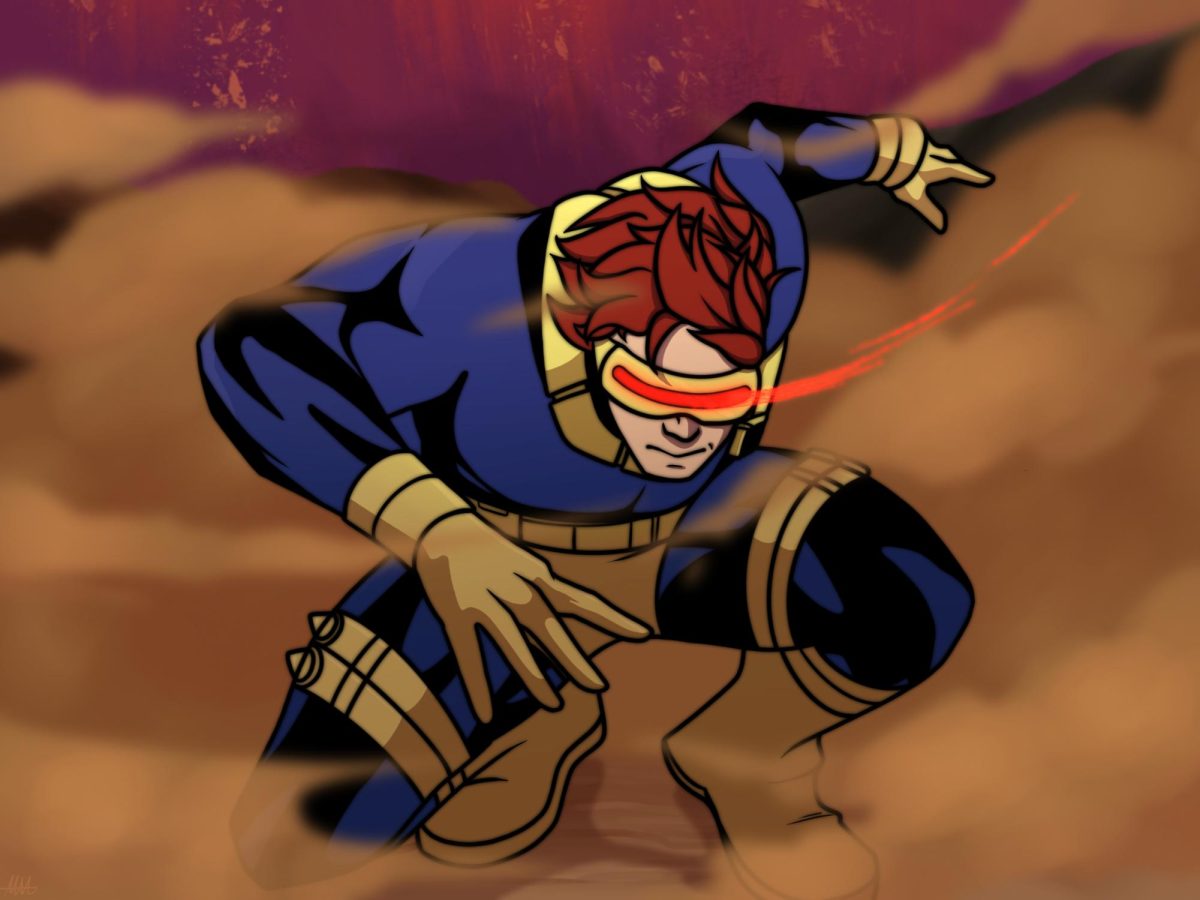
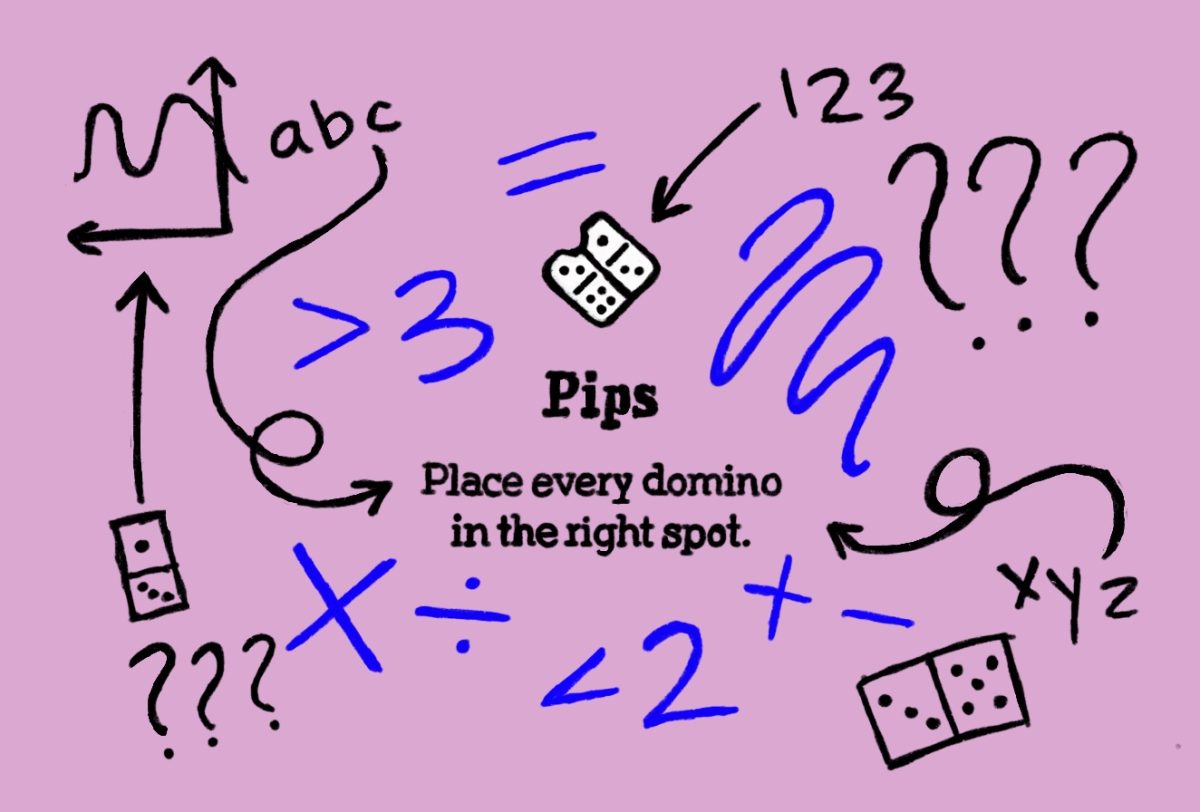
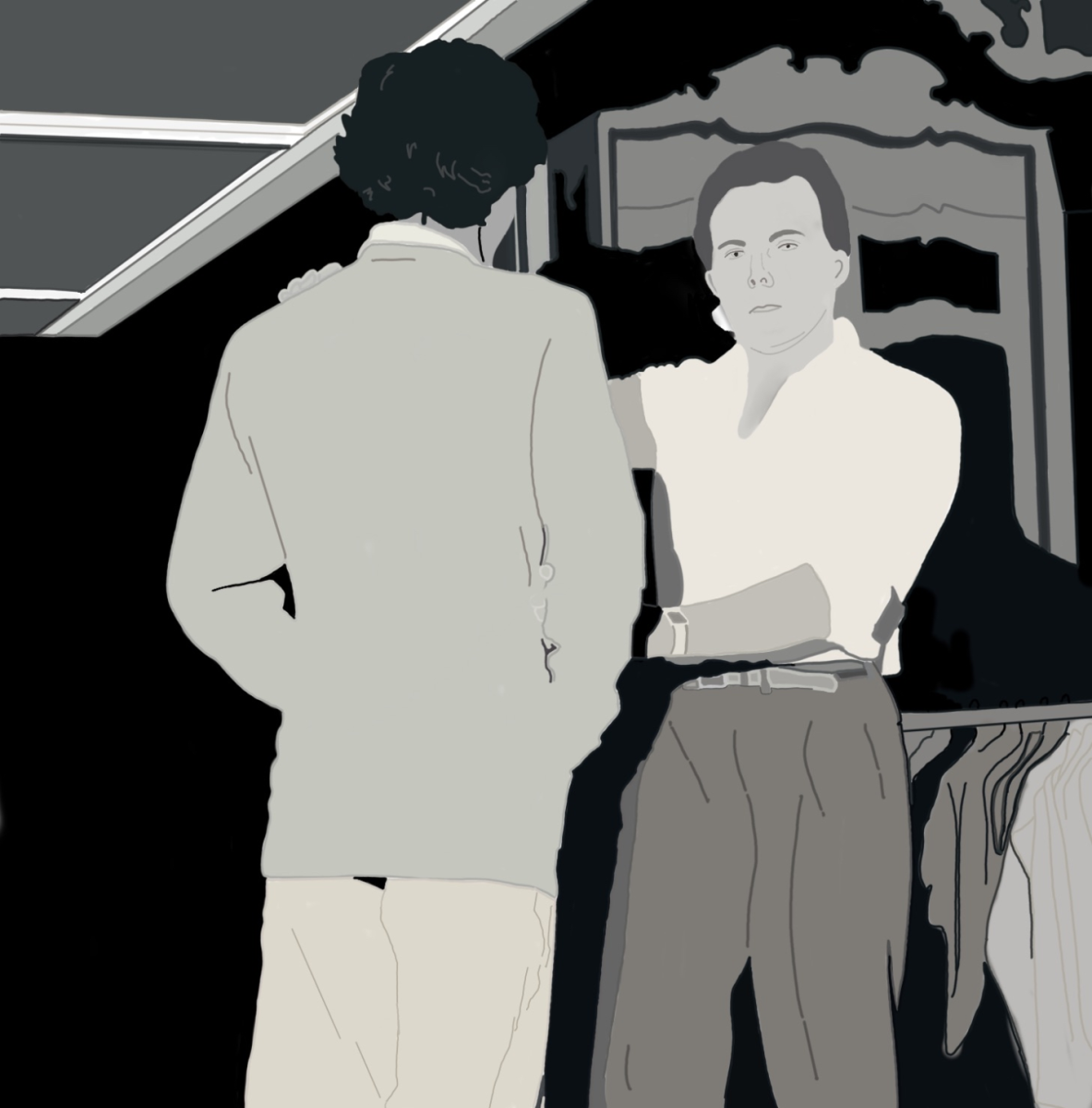

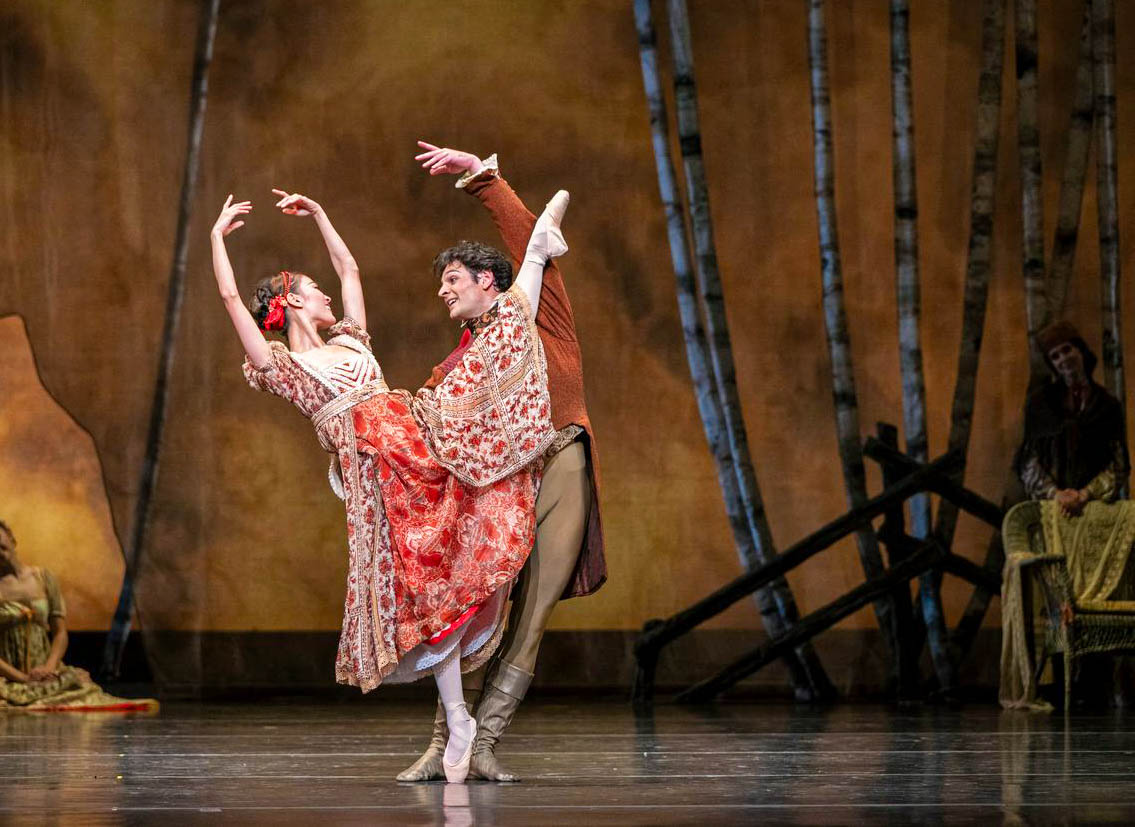
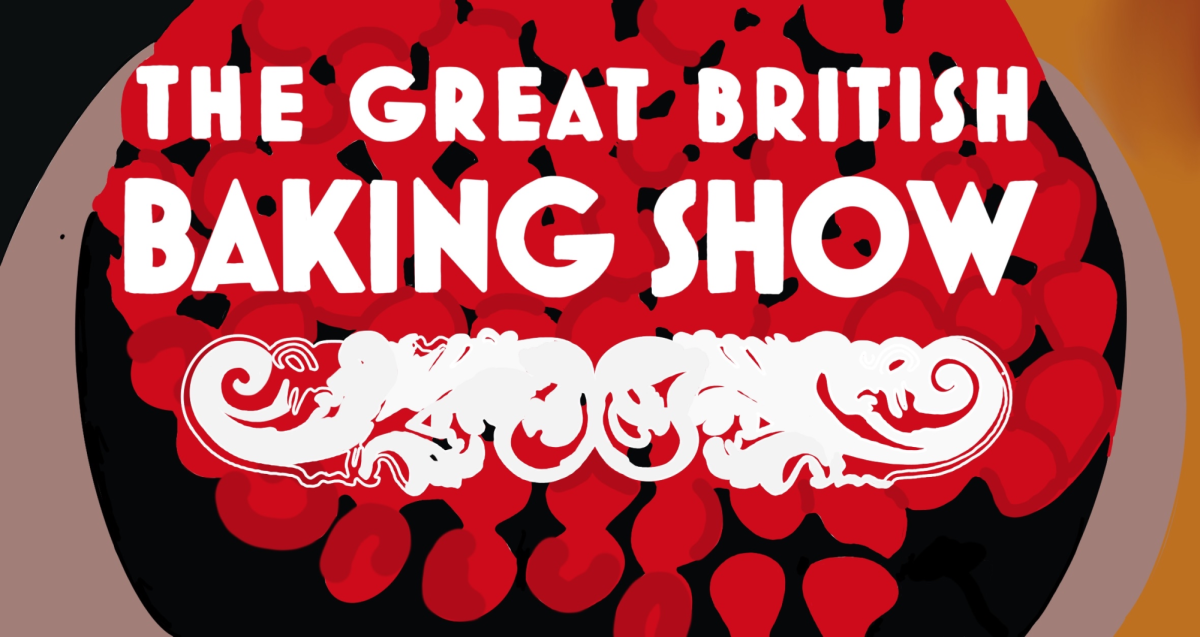


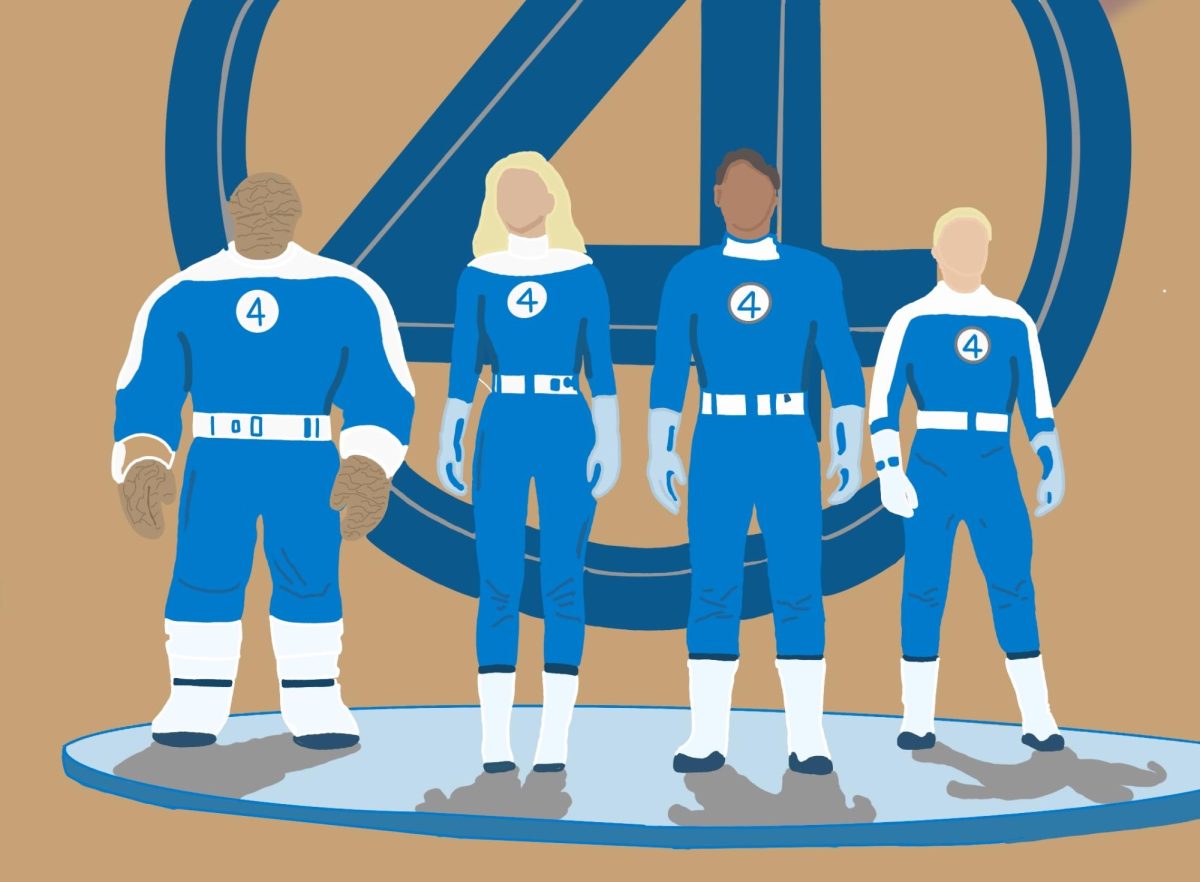


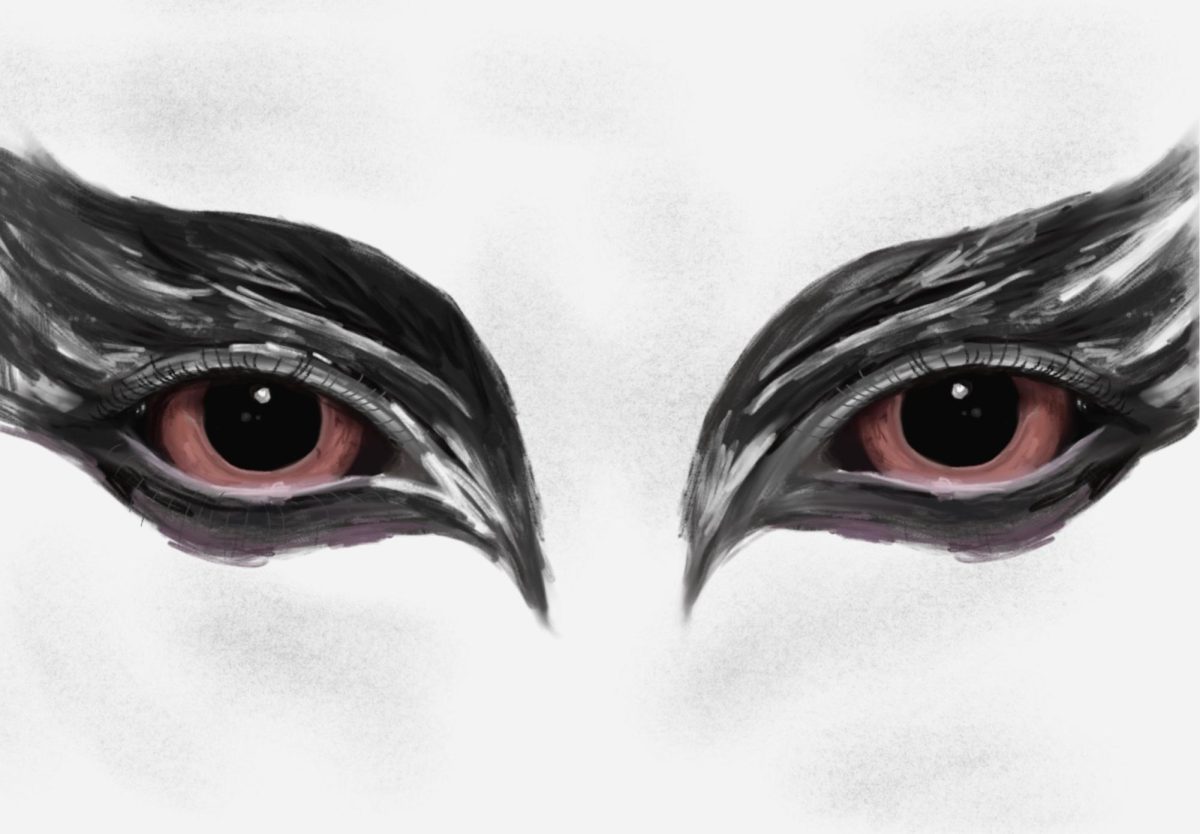
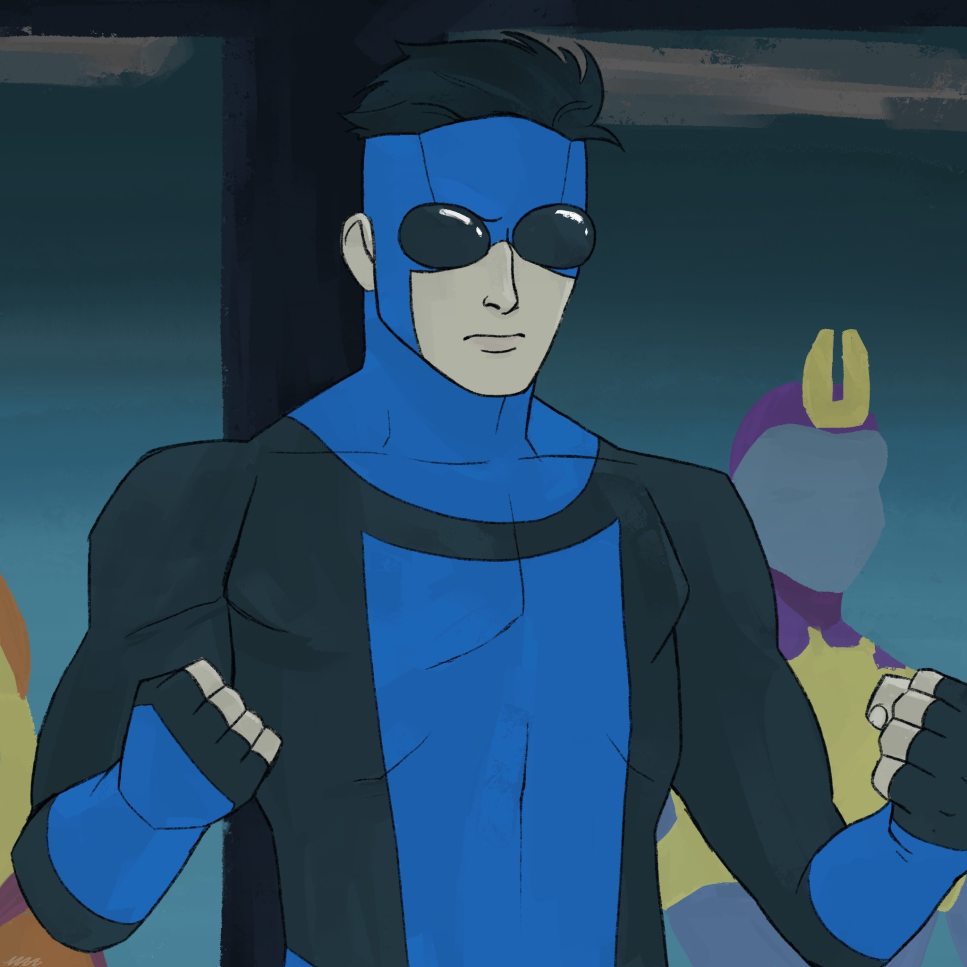
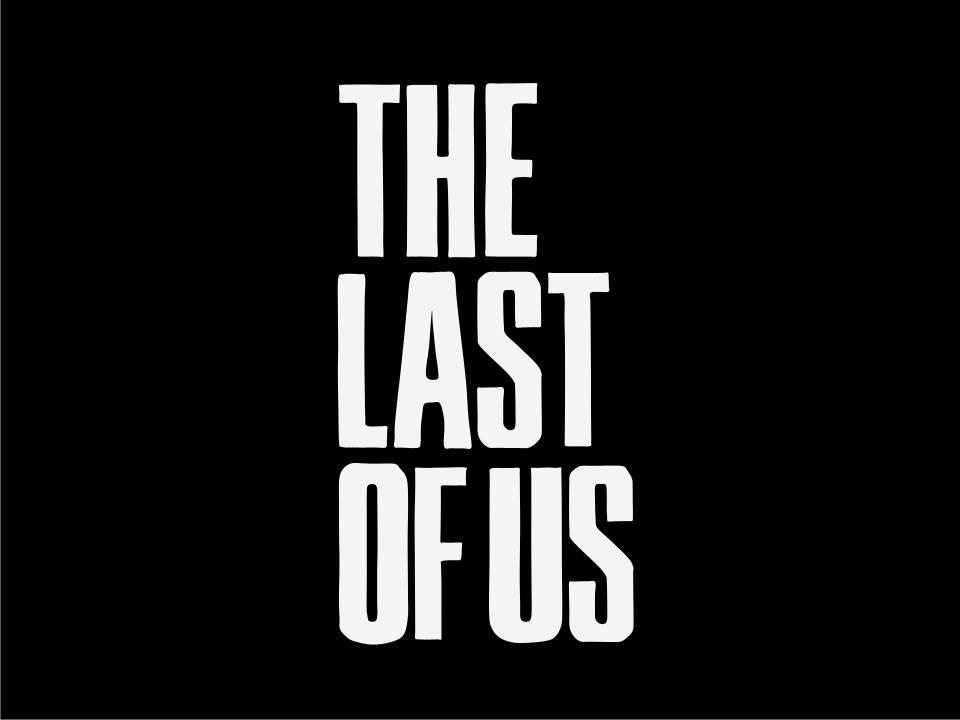
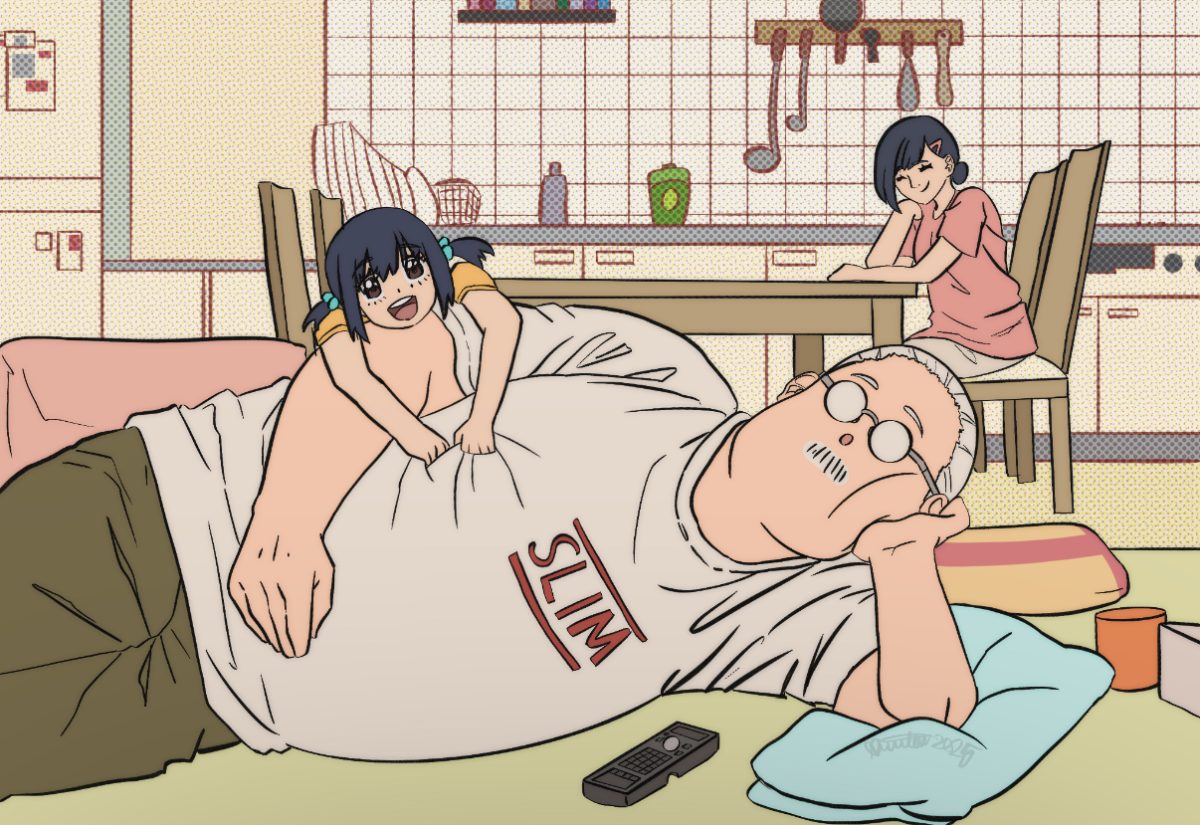


Anonymous • Nov 24, 2024 at 5:28 am
I hope Cyclops discovers that Havok from X-Factor is his long lost brother Alexander Alex for season 2
Bethel Kifle • Nov 22, 2024 at 11:30 am
Marina’s art skills are unreal!
Carlos U Ruiz • Nov 21, 2024 at 10:51 pm
I hope Psylocke will be joining X-men teammates just like time she join along with Iceman, Colossus, Archangel and Magic in Season two and more!
Travis Weiss • Nov 21, 2024 at 7:10 pm
To the author of the story you are missing out on so much, Cyclops has enhanced leadership abilities along with an enhanced charisma through his muting abilities and his concussive blast that he can shoot the reason he wears that lenses cuz he can’t fully control them until he breaches his full potential, at which point he is then able to admit a full a blast from his body. That kind of drains him a bit, but it’s like an explosion of a bomb. As far as the fact that you refer to him as the leader of the X-Men and the Boy scout that goes to show that you need to read more X-Men comics. Simply because he started to approve a shadow ops team of X-Men to kill people and he currently is a leader of a different group of experts. Since they’ve splintered off into three different groups of X-Men led by different mutants, his group is enhancing their abilities using sentinel technology and are willing to kill the only ones of the X-Men and the other groups that is willing to do this. So he’s not such a Boy scout. And as far as being the leader of the X-Men no. That’s professor Xavier. He’s the founder and the leader
Zara Bukhari • Nov 21, 2024 at 3:47 pm
Great review!
Marina Martinez • Nov 21, 2024 at 10:52 am
Really interesting review Andrew! X-Men’97 has been on my watchlist for a while because of the artstyle, so I’ll definitely give it a watch and maybe try out other X-Men series.